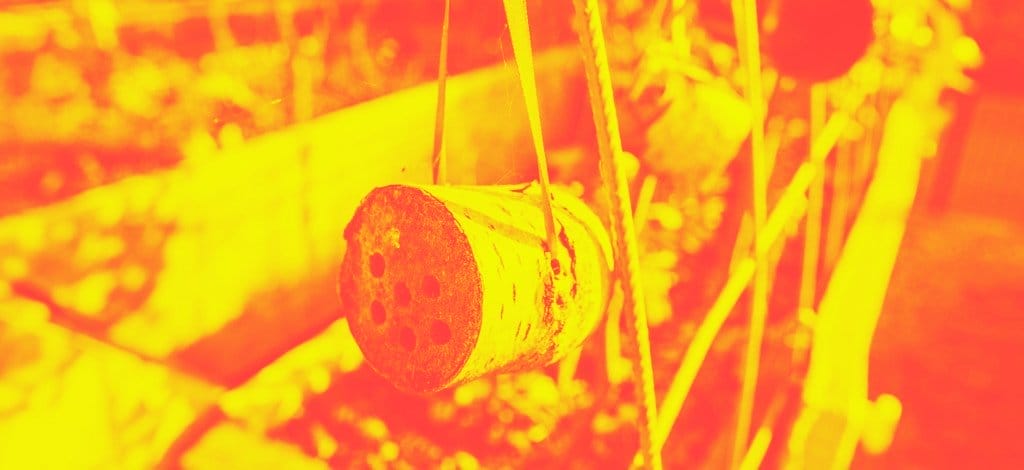We are trying to nurture knowledge practices which model justice, equity and inclusion
What’s the purpose of the work?
A few years ago we realised we were stuck in unchallenged orthodoxies in areas like evidence, research and evaluation, and constrained by the assumptions about knowledge which underpin these – like conceptions of rigour and neutrality, whose voice is listened to, which methods are privileged, and even how ‘truth’ is discovered and created. We concluded that individualistic and needs-based conceptions of ‘disadvantage’ (including those that we’d created, funded and refined ourselves) can sometimes be useful in the world as it is, but do not move us towards the future we want to see – one of justice, equity and inclusion. So we set out to explore and understand alternative approaches: not just in the most visible outputs of our knowledge system, like textual and numerical data, but in the fundamental mindsets and assumptions of our dominant approaches. What started as a nagging discomfort about the information we relied on to inform our activity has led us all the way down to our economic and charitable paradigms, and even beyond.
What’s currently happening?
Through an open call in late 2020, we convened a small group of funded partners whose work was challenging the limitations of our current frameworks – for example through creative, democratic and collective sense-making, and challenging evidential hierarchies between clinical, learned and lived experience. We also put an emphasis on equity in knowledge production, recognising that some people and communities have perspectives on oppression which have been minimised and ignored. This group has formed into a collaborative network engaged in both independent and activity focused on knowledge justice.
What are we learning?
We’ve seen that something as fundamental as ‘knowledge’ can’t be contained by one inquiry, programme, or group of grants, and we’re increasingly attuned to its significance across the whole of our work. Talking about knowledge isn’t just about language and terminology, although many of the terms we use are unhelpful and betray a cultural mindset which focuses on neediness, otherness and fixing. It’s not just about the most visible outputs and products of our knowledge system, although the perceived supremacy of the written word and numerical data mean that ‘respectable’ and ‘high quality’ evaluation and research is assumed to look and feel a certain way. It’s not just about highlighting the major assumptions underpinning social sector practices – like a focus on value for money, effectiveness and efficiency – although these both reflect and feed a highly capitalistic, competitive and market economy-style system of funding and service delivery which blocks the road to justice rather than clearing it. Knowledge isn’t just about epistemology and philosophical ideals of truth, or about ancient but recently popular concepts like embodied, indigenous and ancestral practices – but we think we have important lessons to learn in these spaces and we shouldn’t shy away from the insights of deep thought. It’s about all of these things, and more, and we’re trying to let go of our desire to define the work too tightly, and live more comfortably in the environment we’ve stepped into.
Part of our learning is also about our role and practices as an endowned foundation and funder, regardless of how we ourselves define an issue or an inquiry – so recognising the value of networked activity as well as ‘projects’, flexible support alongside partners, and funding spaces and explorations that don’t fit into traditional funding bids.
What next?
We’re continuing to work with a small group of partners as we explore the territory of knowledge justice further, and plant some of our own seeds. Building on our commitment to devolved decision making, we will also be holding the budget collectively, rather than just foundation staff deciding which ‘projects’ are funded. We will be making more links between our knowledge inquiry and the rest of our work and networks, in recognition that any barriers we put up are artificial. We also want to join up with others, and recognise the work of people and groups who have built the infrastructure which already exists.
